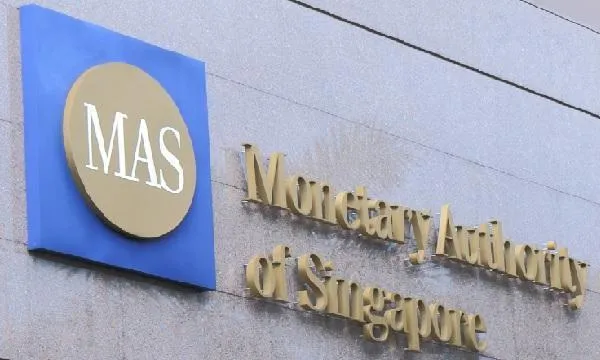
Singapore refuses to compel banks to divulge open banking data
The central bank is taking a more organic approach, enabling banks to share data on their own.
Bloomberg reports that Singapore would not take the approach of Japan and Europe and force its lenders to share data with third-party and fintech firms to accelerate open banking adoption.
Monetary Authority of Singapore chief data officer David Hardoon believes that forcing banks into compliance would only be counterproductive. “You can come and say ‘thou shall do it’ but then nothing happens effectively,” Hardoon said in a Wednesday interview with Bloomberg.
“The point being, we are heading there in an organic fashion,” he added. “I believe the open banking approach is a good thing and definitely can benefit Singapore.”
The organic approach stands in stark contrast to other economies where regulators have set strict deadlines for banks to give fintech firms access to data. In Europe, for instance, banks only have until 2019 to comply with the revised Payment Services Directive (PSD2) which obliges them to share client account data.
Here’s more from Bloomberg.
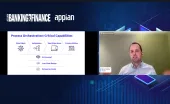





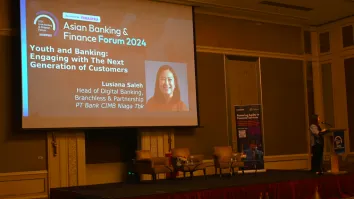

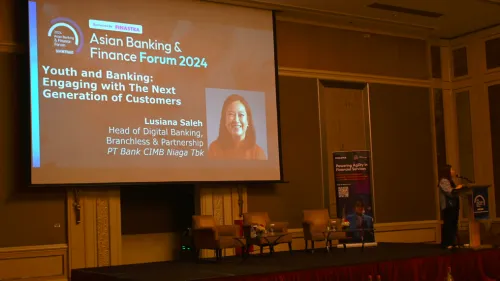
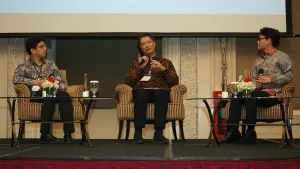
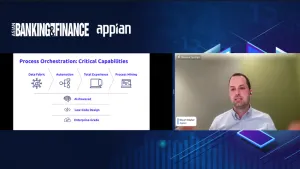





 Advertise
Advertise






